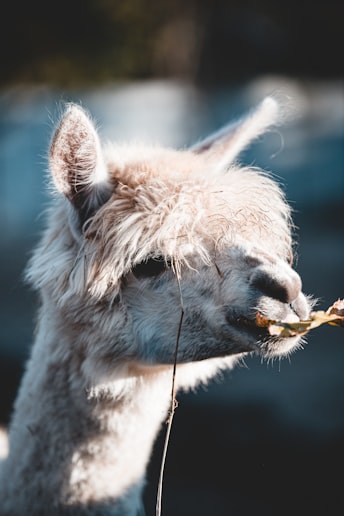The Modern Professional Sport of Fencing – Is it Right for You?

Resolute Sport Fencing
—Dec 17, 2019
So, you’re interested to learn how to fence! Maybe you saw Olympic fencers in the last Olympic games. Maybe as a kid, you loved the Princess Bride. Either way, the sport of fencing can be enjoyed by all ages and abilities. This is a guide to help you get started on your journey into the world of fencing.
Learn How To Fence
First and foremost, we have a fantastic guide on the art of fencing that hits on the same things that we’re going to discuss here, but it also offers you a broader summary of the game. In this guide, we’re just going to talk about how to get started on the fence.
** Fencing, is it the right sport for me? **
This is a topic that we hear a lot in different ways:
** Can you be too old to start fencing? **
** Am I too short/tall to learn fencing? **
** Am I too fat/uncoordinated/un-athletic to learn fencing? **
etc...
The answer to any of these questions is an obvious “no“. Fencing is a game that is very open. Anyone can get going and we have a lot of options for people with different physical attributes, fitness level, and body skills. For starters, a wheelchair fence is an alternative and has a lively competition scene.
Are your physical attributes and skills going to matter? Indeed, in the beginning. For starters, someone who’s really tall would find it easier to succeed early in epee. Or someone who’s also physically fit for another activity will have an easier time because you’re going to get better off when you’re physically conditioned and not exhausted. In time, though, preparation, strategies, and strategy must overshadow the latent physical advantages. When you advance in your fencing lessons further, you can learn how to deal with fencers who are tall, quick, strong, and short. And you’re going to get healthy enough to fence any level to the best of your abilities.
So, if you’re trying to qualify for the Olympic Games, then sure, you’re going to have to be physically fit. The top level of the game is exceptionally competitive, on the same scale as all other top-level athletes in other sports. After all, it’s a professional game.
Find a Fencing Club
Now to the getting started part. Above all, your best bet is going to be looking for a fencing club in your area. To get started there, there are three invaluable tools:
What are the differences in each search? USFA will show you which clubs in your area have a registered association. It is the primary, official source of this type of information. Nevertheless, sometimes it’s inaccurate. For example, some clubs will register at the owner’s home address because that’s their mailing address which is going to throw off your search because the club’s actual location might not be anywhere near their physical address. The Fencing.net location is a curated list, which will tend to be a bit more accurate. As a consequence, though, sometimes the information contained here can be a bit stale. Finally, searching “fencing club” plus your city’s name on Google (or “fencing sport”) will usually turn up some good results. However, it is also not necessarily accurate.
Once you’ve found some clubs nearby, do your own secondary research. Check their blogs or Facebook pages to see where they meet for school and training. Clubs sometimes have branch sites that are not usually listed on these club lists (for instance, most clubs may offer lessons at nearby recreation centers).
Taking a Beginner Fencing Class
You found a club which looks good and is nearby. The next move is to get in contact with the group and figure out what the layout of their novice class looks like. About every fencing club will have some kind of novice group, but every club will organize them differently. Learn how to fence! Here are a couple of questions to ask:
- How do your beginner classes work? Can I join whenever or is there a structured start/end date?
- Do you provide equipment for use in the beginner classes? Is it included in the cost of the class? Do I need to buy starter gear before I start?
- What are my options once I finish the beginner’s class?
- What weapons does your club specialize in, if any?
If your class requires that you buy your own gear, either you’ll be able to buy it in person or can be easily purchased online.
The reason why it’s important to ask what your options are after you finish the beginner’s class is because different clubs have their own specific focus. Many groups are only training one of the three arms on the wall. That’s all right when you’re a novice, but over time you may figure out that you’re enjoying one of the other guns. It’s important to know what your choices are. In contrast, certain teams are more or less based on rivalry. If your love of the game is ingrained in rivalry, but your club doesn’t give it as an alternative, you’re perhaps best served by understanding that upfront. Or vice versa, maybe you don’t like the competitive side of the sport. There are clubs that cater primarily to the recreational angle. Learn how to fence! All good information to discover upfront.
And this is it! Take your first experience in fencing! If you have any other concerns about how to get going, you should stop by our facility and speak with our coach if you’ve signed up for a class. Your best bet is to ask your club's coach your questions, as their answers will have a lot more context than what people online will be able to give.